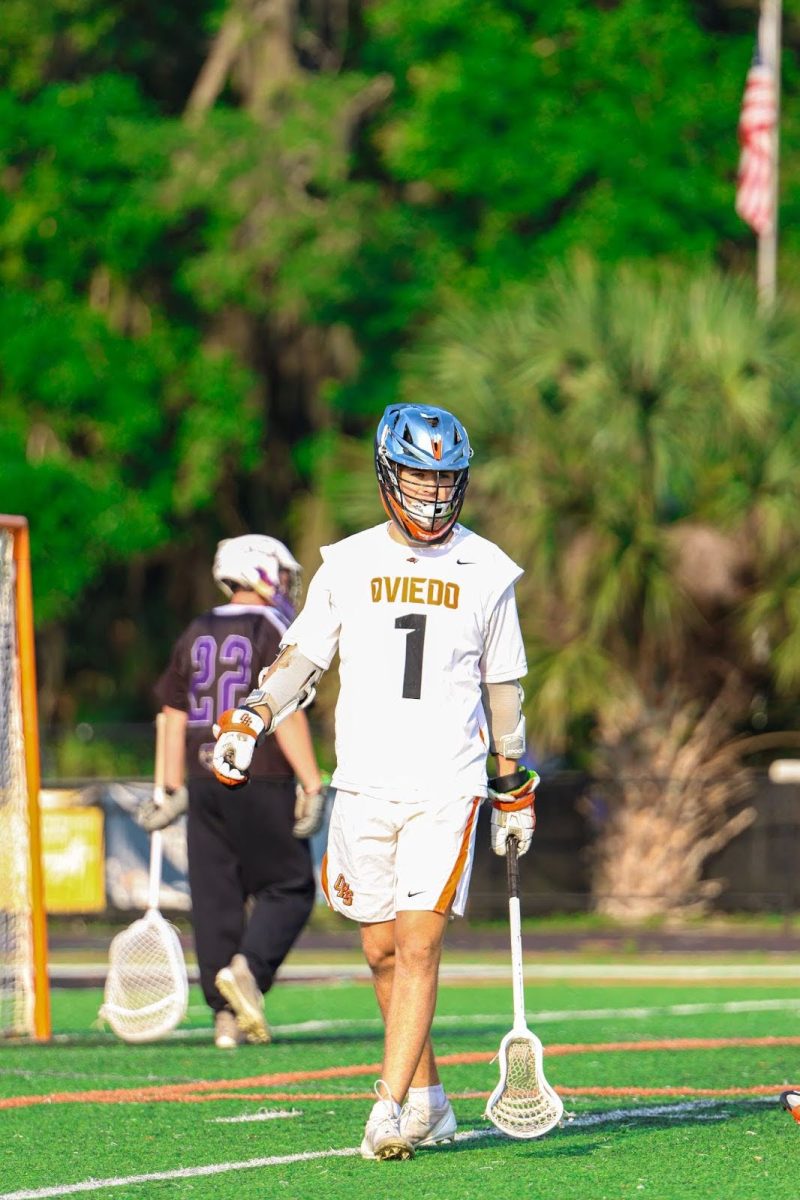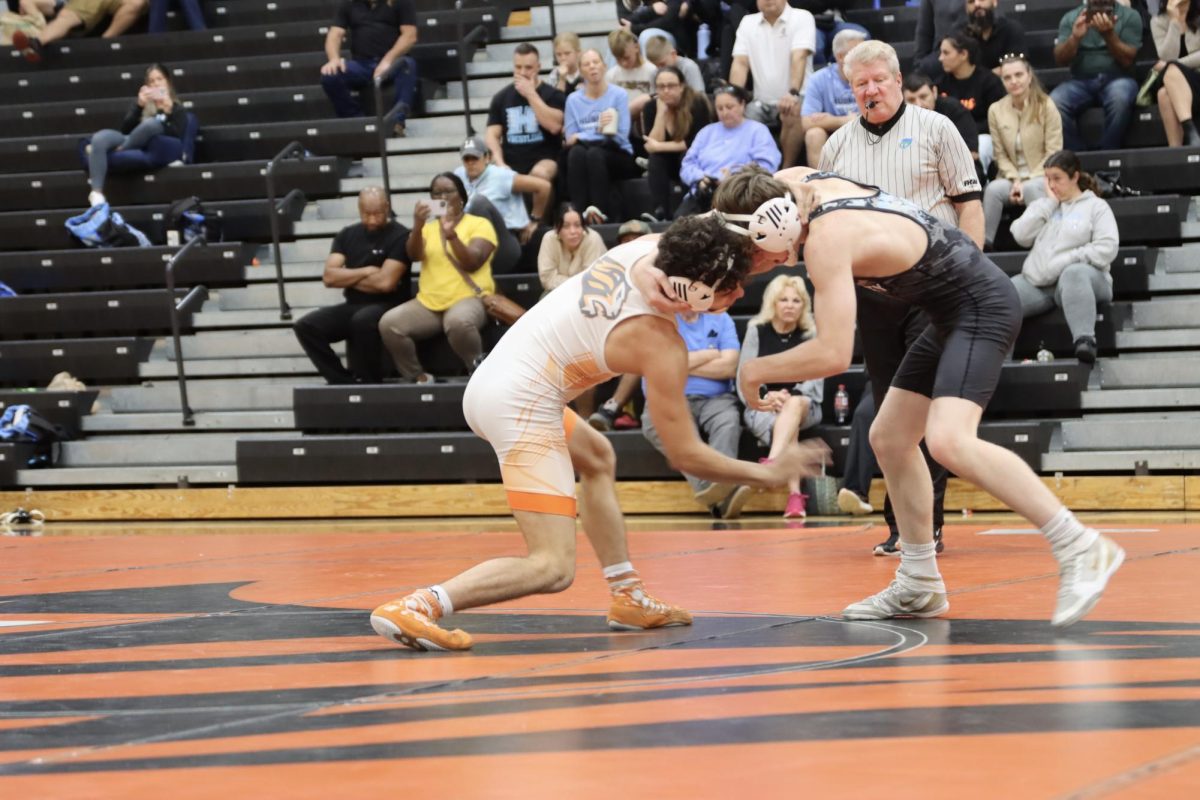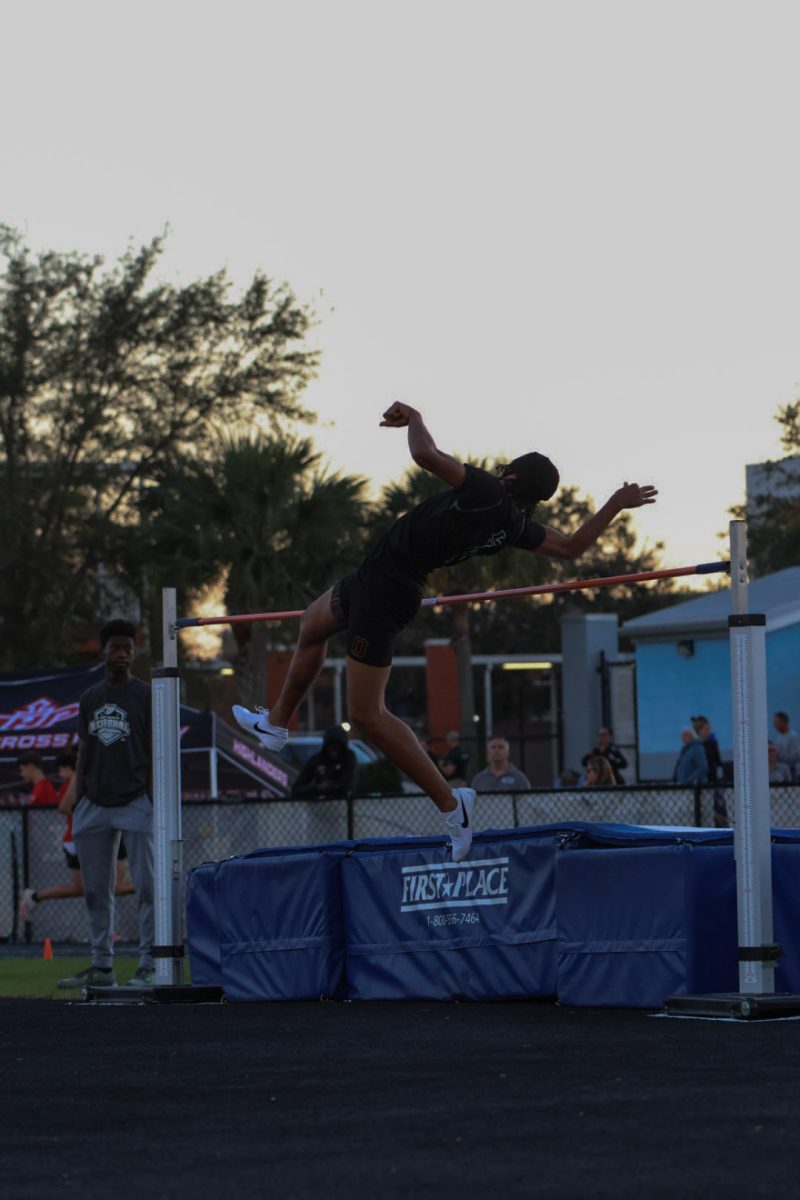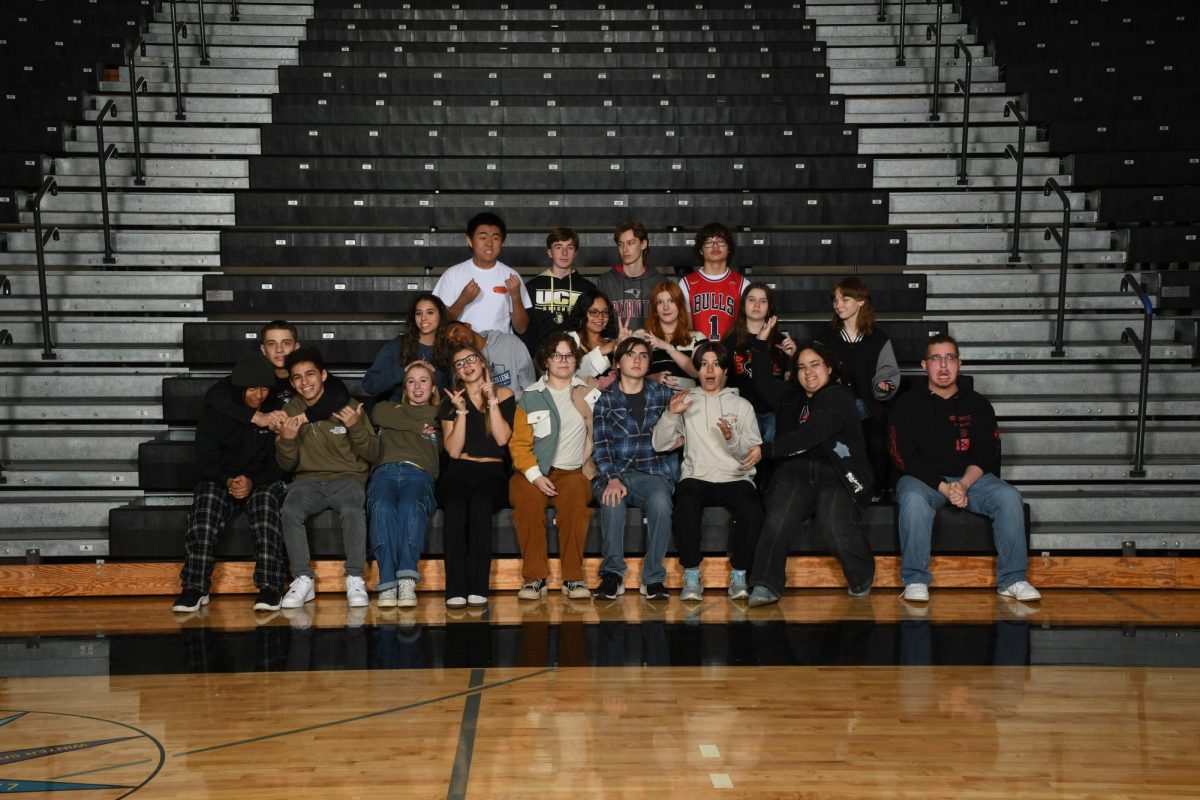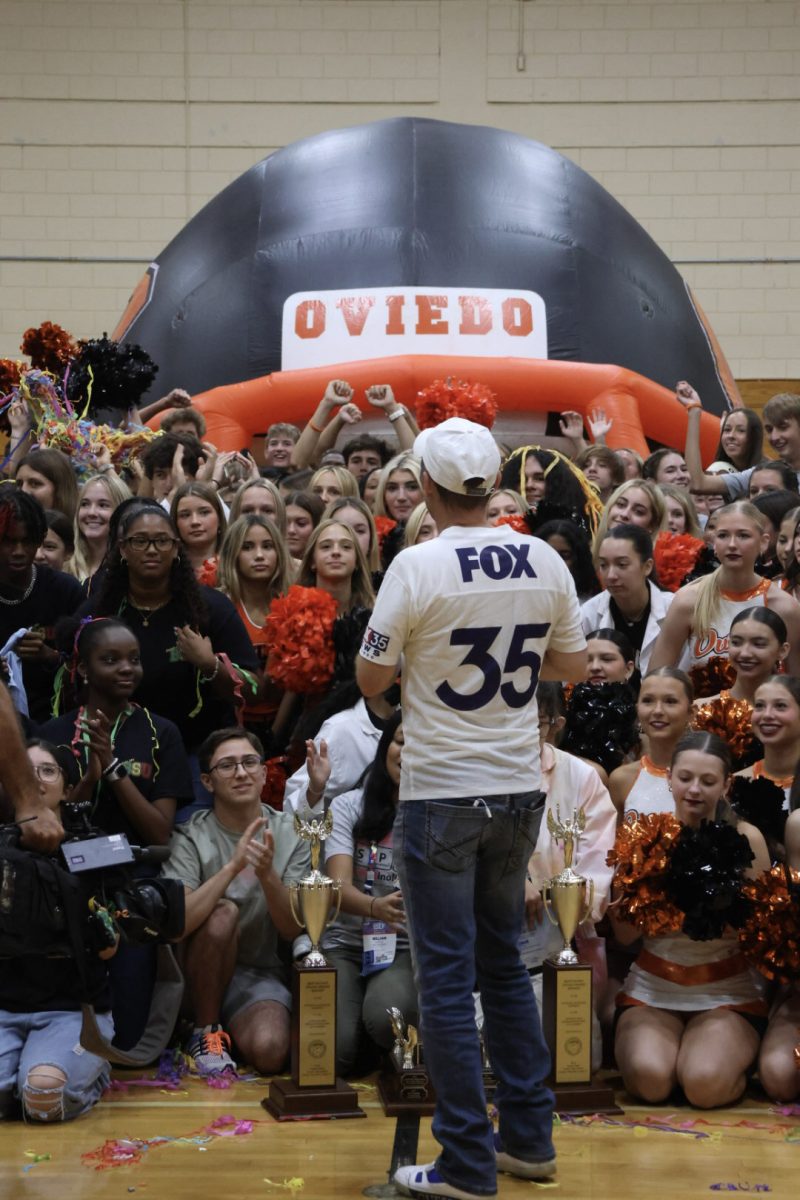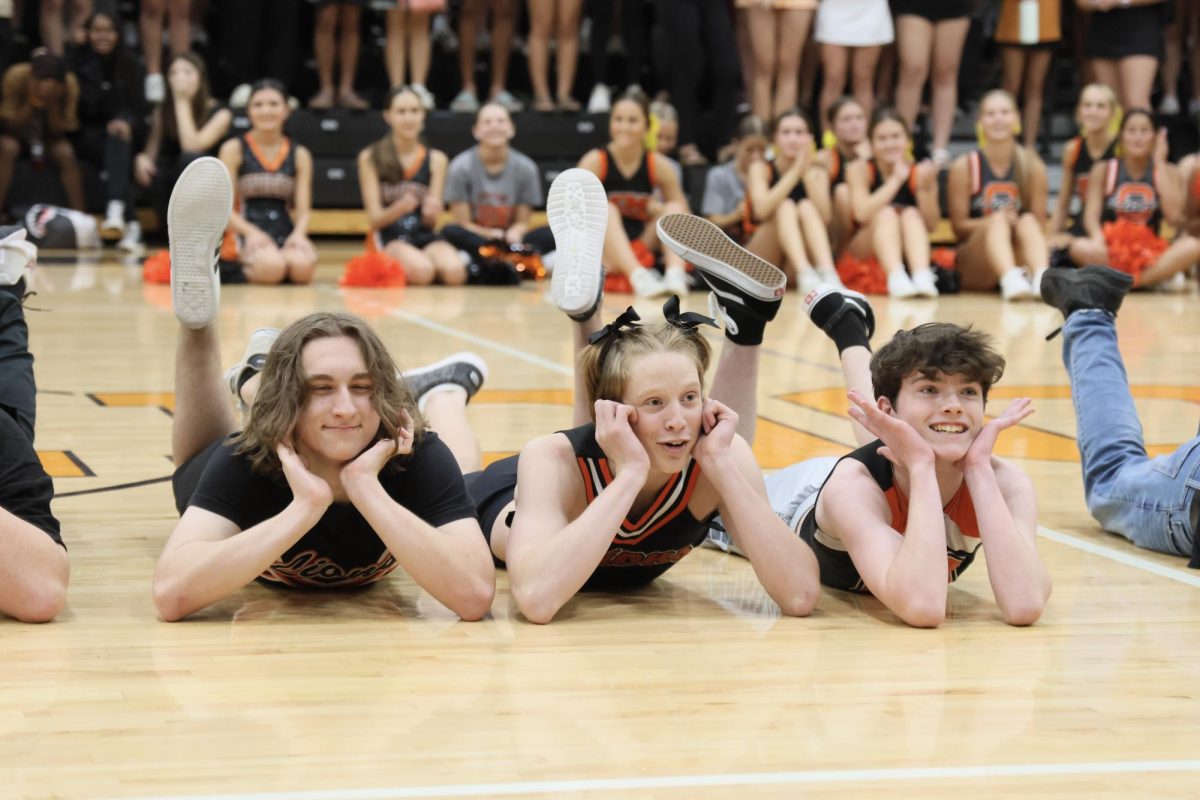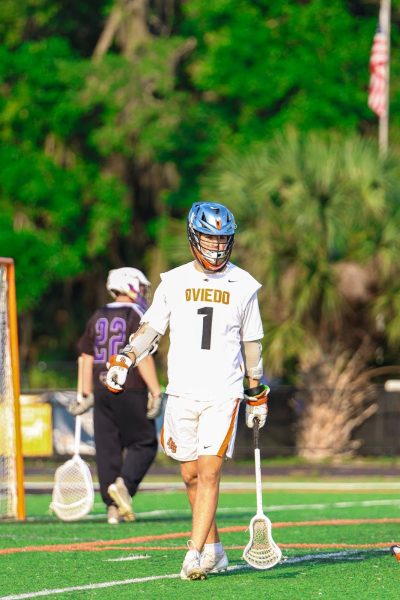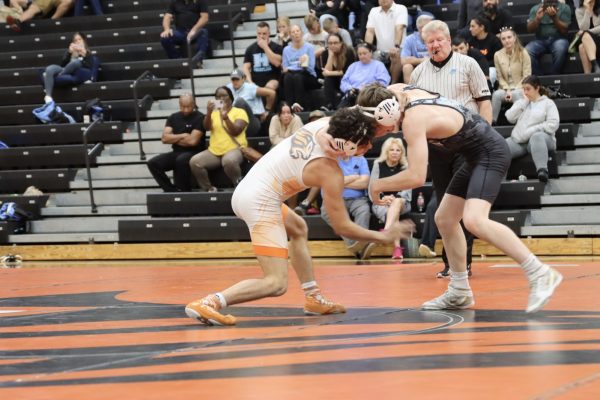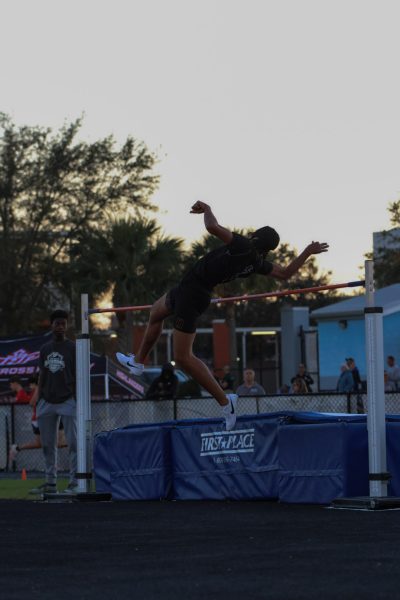Student-athletes relish signing day experience, look forward to future
This story was originally published in the third edition of The Lion’s Tale (December 9, 2020).
In 1964, the National Letter of Intent program was created by J. William Davis, retired professor
of government at Texas Tech University. This is the period of time in which the high school athletes who have verbal offers from colleges and universities will make their athletic scholarships offi cial by signing their National Letter of Intent.
Signing day is a huge next step in many athletes lives, as the sport they play will dominate their lives for the next four years. Although it is usually a time of celebration, there is also stress and a realization of how much responsibility being a college student-athlete entails. It is a monumental day in many athletes’ lives that they can share with their teammates, friends and family.
“Signing day went awesome for me,” said senior baseball player Eric Day. “I was nervous but excited to sign. It’s a big deal and I was nervous because it is the next big chapter in my life. I was very excited to sign with a great college though.”
Day, who plays third baseman and occasionally pitches, has been a part of the OHS baseball program for all four of his years in high school. He committed to Troy University in Troy, Alabama, to play Division I baseball and signed in early November.
Another student-athlete that committed to a university this year is senior outfielder Kade Faircloth. A teammate of Eric Day, he has also been a big part of baseball at Oviedo all four years.
“Signing day was exciting for me,” said Faircloth, who committed to Newberry College in Newberry, South Carolina. “I didn’t know what to expect, but having my family, friends, coaches and teammates there made the day special and one to remember.”
Although the athletes are very excited to be stepping through the door that has been opened to them, the excitement does come with a lot of stress and responsibility.
“The recruitment process was very rough because I knew that I wanted to go out of state and I also had my major already picked out, which really limited my options,” said senior lacrosse player Abby Greene. “It was hard to contact and get in front of coaches because it was expensive.”
Greene has officially signed to Lock Haven University, located in Pennsylvania. All of the athletes interviewed for this story signed to schools out of state. Not having a support system or lifeline within reach will be a big adjustment for them.
“Being a student athlete at the next level is a whole new challenge,” Day said. “The amount of discipline you have to have is crazy and I won’t have my parents to help guide me. It will all be up to me to get all of the things I need to do done.”
Day is not the only signee concerned with the new amount of responsibility in his future.
“I’m looking forward to the freedom that comes with college, as well as the growth into a functional adult,” said senior Carlie Rose, a swimmer. “I’m excited to connect with the amazing students, coaches and professors and to take advantage of the opportunities the school has to offer. I’m a little bit nervous about being so far from home in freezing weather, but I think I’ll get used to it.”
Rose recently signed to Harvard University in Cambridge, Massachusetts, to continue her athletic and academic career.
A prestigious university like Harvard is bound to present some challenges for Rose, especially when it comes to balancing obligations and time management.
“Swim adding up to three hours a day combined with balancing high school has always left me with very little time to explore my other interests,” Rose said. “I know I will have to study more than I have in high school, but in college many of the swimmers have much more time to join groups or pursue internships that would otherwise be nearly impossible in high school. I know I will have to study more than I have in high school but there still will be more time left open to do other things,” Rose said.
The responsibilities of a collegiate student- athelete include completing assignments, getting to workouts and practices on time, being a good teammate and maintaining proper nutrition. Being able to manage one’s time accordingly is an essential skill.
“While being an athlete I want to also maintain a high GPA and also a social life outside of lacrosse,” Greene said. “As I get more experience I would love to get a lot of play time and earn my place on the field.”
Maintaining a social life outside of sports and academics is something that proves difficult for many student athletes all over the United States. Being able to balance it all will be challenging.
For those who have already had the chance to hone their time management skills in high schools, the adjustment may not be quite as challenging.
“I think it will be tougher,” Faircloth said. “The classes will get harder and we will have practice and weights all day. High school has definitely helped me in learning how to use my time wisely with school and sports.”
Your donation will support the student journalists of Oviedo High School. Your contribution will allow us to purchase equipment and cover our annual website hosting and printing costs. Thank you!

![Prom king Colin Napier and queen Leah Hopkins dance the night away during the Golden Gala on April 26th. Prior to the prom, the Student Government must make many preparations over the course of months in order to ensure it goes off without a hitch. However, their work eventually pays off when it comes time for the dance. “We set up [the prom] the day before, and it’s horrible. We’re there for a very long time, and then we get our beauty sleep, and then we get ready for prom the next day,” Aubrie Sandifer said.](https://oviedojournalism.com/wp-content/uploads/2025/05/Oviedo-197-800x1200.jpg)
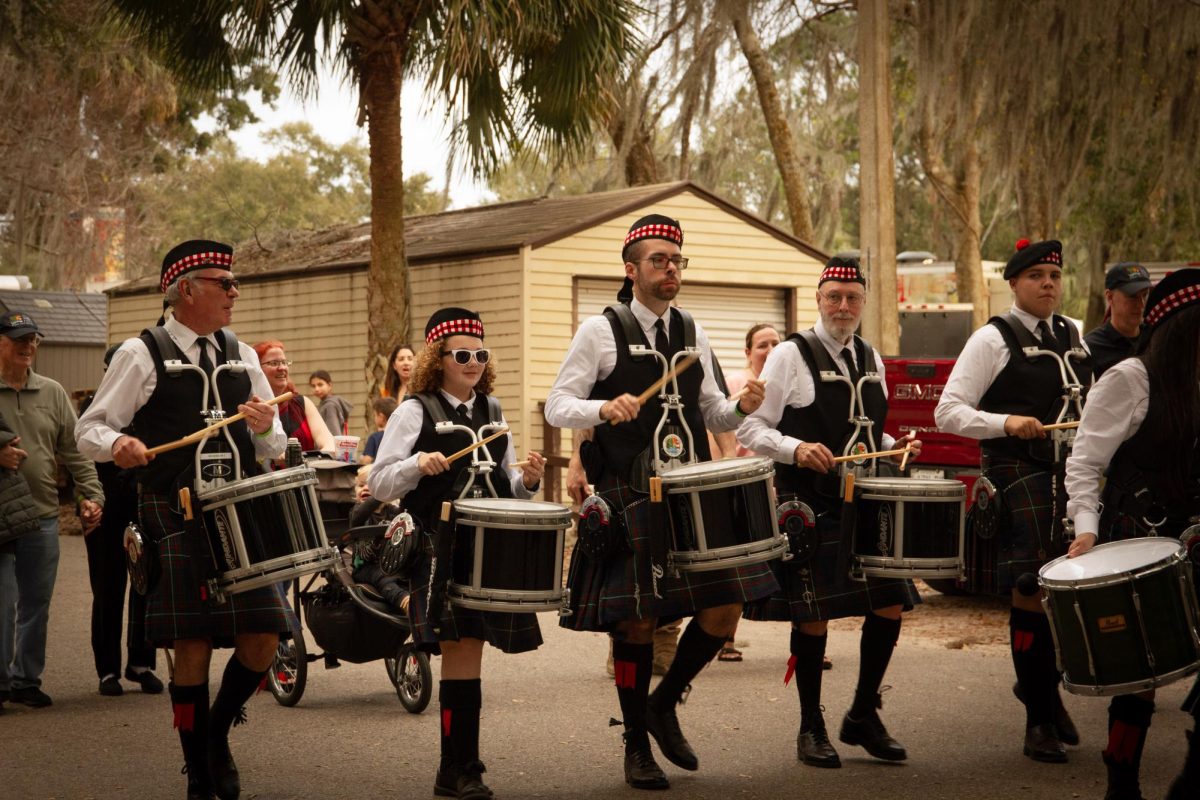
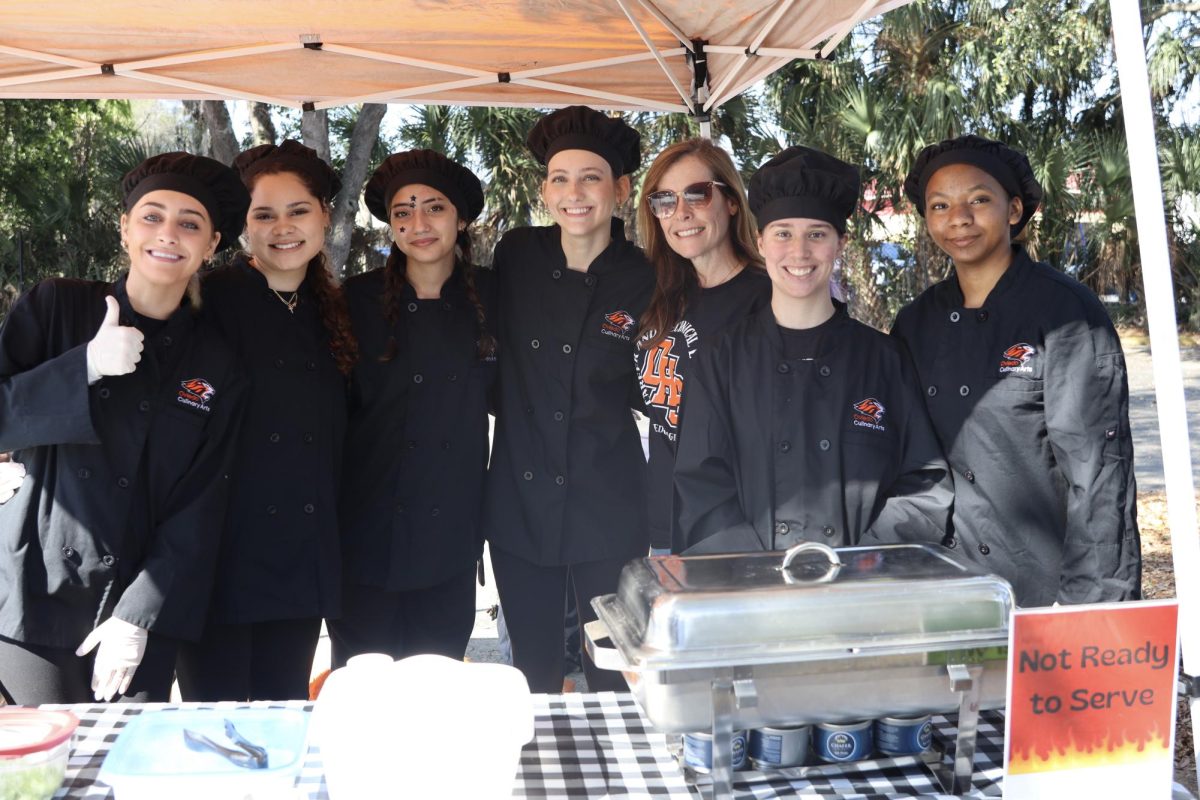
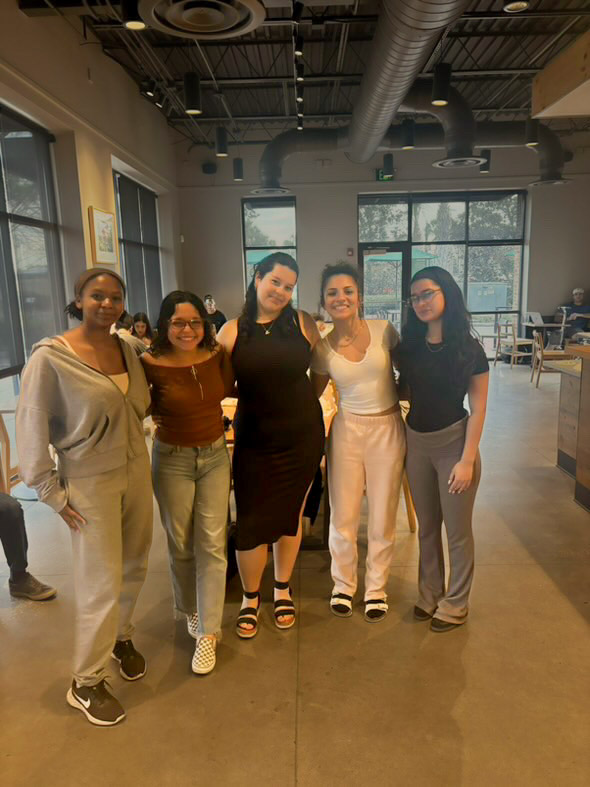

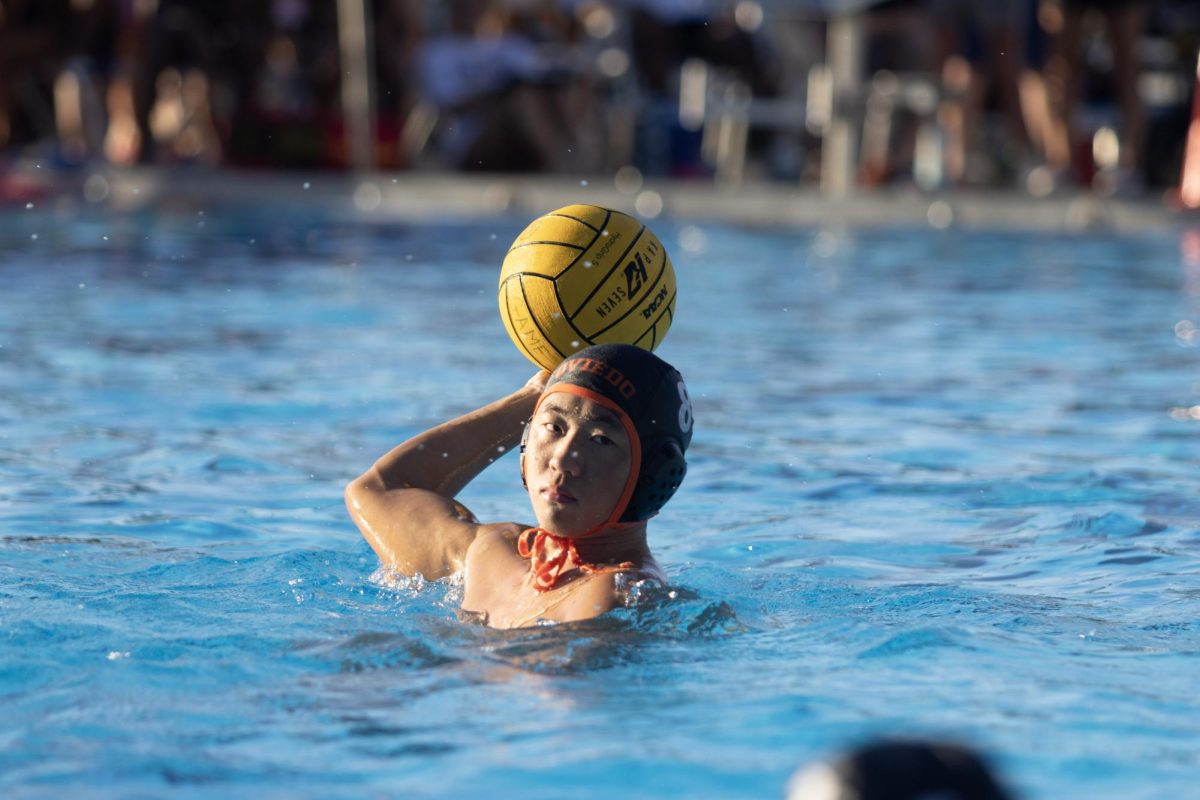

![Hopkins at Honor Grad with golf coach John McKernan. As Hopkins’ golf coach for the last two years he has seen Hopkins’ growth as a player and person along with their contributions to the team. “[Hopkins] has just been really helpful since I took [the golf team] over, just anything I wanted to do I ran by [Hopkins],” said McKernan.](https://oviedojournalism.com/wp-content/uploads/2025/05/B66A7760-800x1200.jpg)
